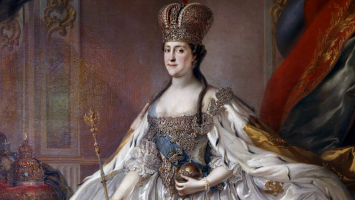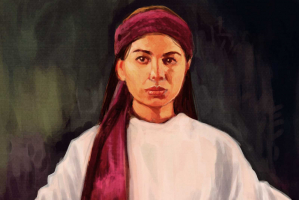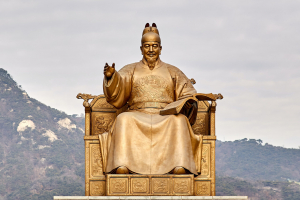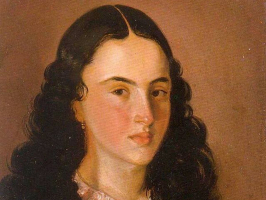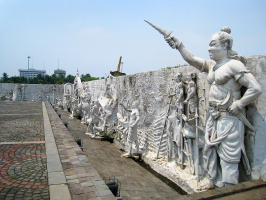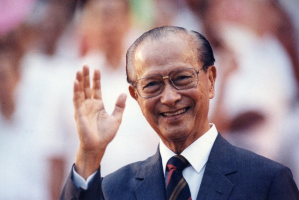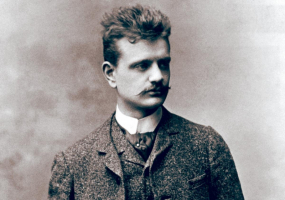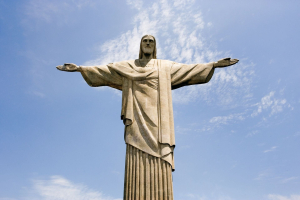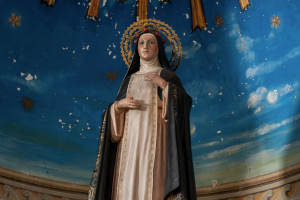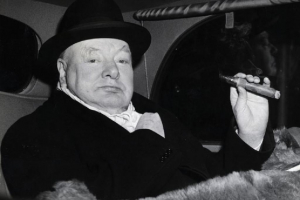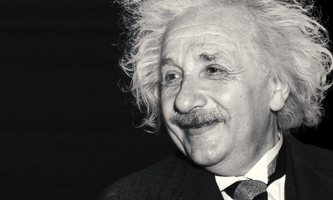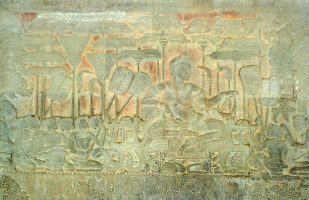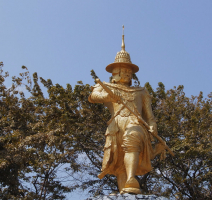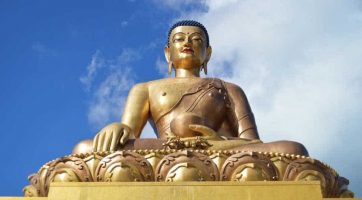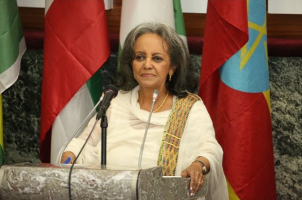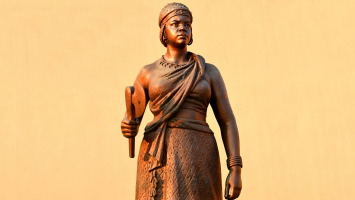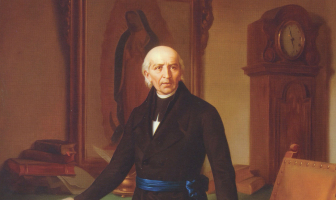Top 4 Most Important Historical Figures In Liberia
Like any country in the world, Liberia also has important historical figures who have made great contributions to the country as well as humanity. And here are ... read more...the most important historical figures in Liberia.
-
Liberian statesman William Vacanarat Shadrach Tubman lived from 29 November 1895 to 23 July 1971. He was the country's longest-serving leader, holding office from 1944 until his death in 1971. He was Liberia's 19th president and considered as one of the most important historical figures in Liberia. Insofar as the country's infrastructure and economy were modernized during Tubman's leadership, the country is known as the "father of modern Liberia." Liberia had prosperity when he was president. In an attempt to lessen the social and political divisions between his fellow Americo-Liberians and the native Liberians, he also promoted national unification.
In the 1930s, when Tubman was nominated to the Supreme Court, Liberia was severely underdeveloped and lacked the most basic transportation, sanitary, and rail facilities. As the economy grew, Tubman helped the government raise funds to build and update infrastructure. As a result, Monrovia's streets were paved, a public sewage system was put in place, 24 hospitals were built, 8 hospitals were established, and a literacy program was started in 1948. Several thousand kilometers of roads were constructed during Tubman's presidency, along with a railway system that would transport iron from the mines to the coast for export. In order to promote trade, he turned the Port of Monrovia into a free port during this time. Early in 1960, Liberia entered its first period of prosperity, in part because of Tubman's policies and economic initiatives. At a time when other nations were gaining independence, often in the midst of violence, Tubman came to be seen as a pro-Western, stabilizing force in West Africa. Many Western politicians courted Tubman in the 1960s, most notably American President Lyndon B. Johnson.
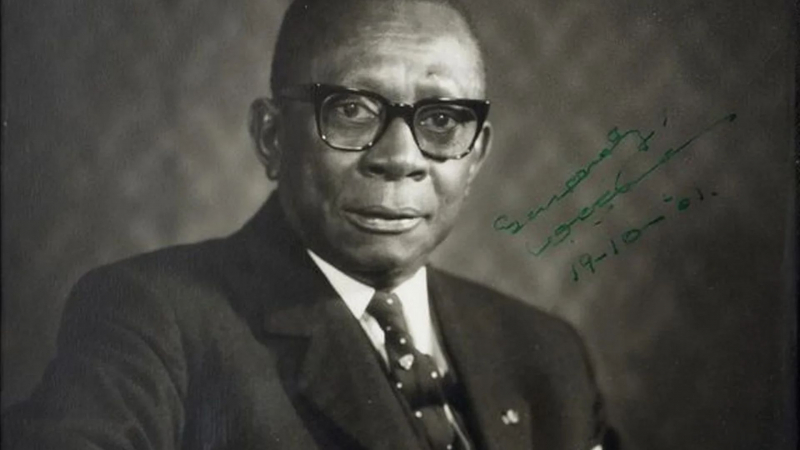
Photo: Daily Maverick 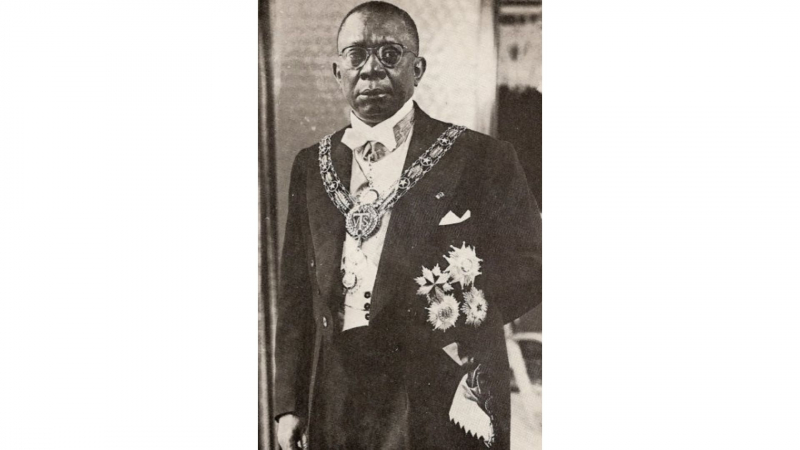
Photo: LiberianInfo -
Daniel Edward Howard, who led Liberia from 1912 to 1920, was the 16th president (4 August 1861– 9 July 1935). President Howard was chosen in 1911 and took office on January 1st, 1912. Although he wanted to support the Allies, whose colonial lands in Africa surrounding Liberia, he tried to keep the nation neutral as World War I broke out. He led the French to run a wireless station in the nation's capital, Monrovia, against objections from the Germans. In 1917, after the Germans deployed a submarine to assault the city and realized their protests had been fruitless, Howard was compelled to support the Allies and declare war on Germany despite his reluctance.
President Howard made an effort to keep the nation neutral when World War I started. He preferred to side with the Allies, whose colonial holdings in Africa encircled Liberia and whose superior naval might swiftly halted trade with Germany. The loss of customs revenue had a significant negative impact on the government's budget because Germany was Liberia's main trading partner. The embargo established by German submarines, which essentially prevented trade between Liberia and the Allies as well, reduced what little money was left. Since practically all of Liberia's income came from exports, the abrupt disappearance of customs earnings required Liberia to postpone repayment on the $1.7 million loan, which prompted President Daniel E. Howard to ask the Woodrow Wilson Administration for a $5 million loan. However, the loan request was rejected by the US Congress.
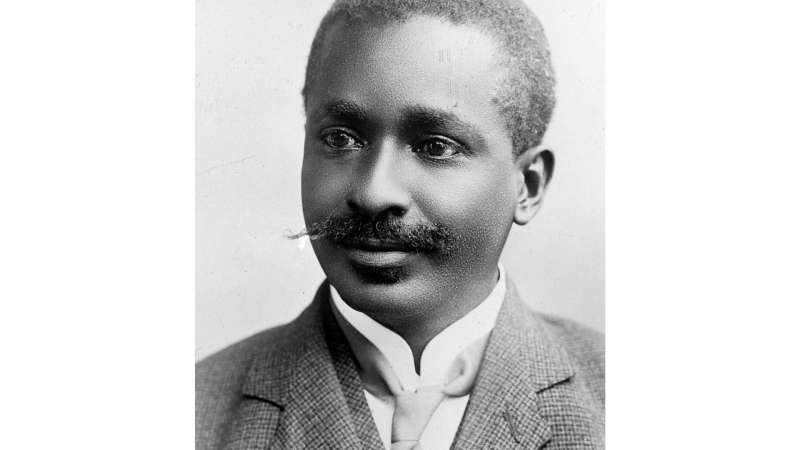
Photo: Wikipedia 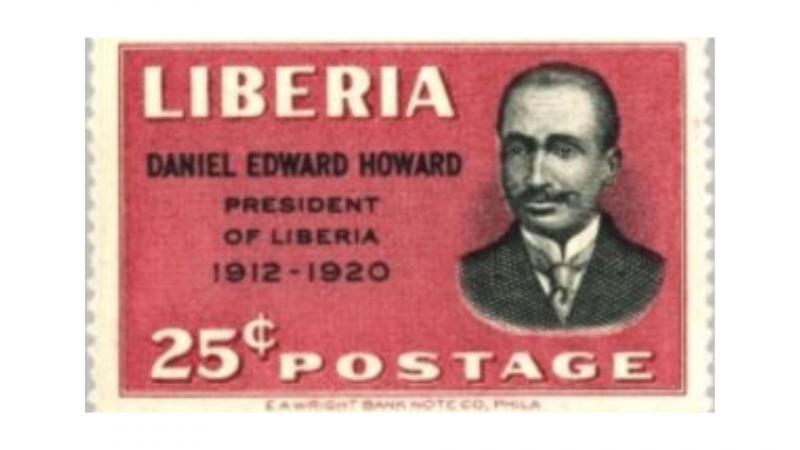
Photo: Colnect -
The next most important historical figures in Liberia is a political figure, Ruth Sando Fahnbulleh Perry (16 July 1939 – 8 January 2017). Following the First Liberian Civil War, she presided as the temporary Chairman of the Council of State of Liberia from 3 September 1996 to 2 August 1997. Between 1990 and 1995, there were eleven international efforts to end the Liberian civil war, and they all seemed to be successful. Charles Taylor, the leader of the United Liberation Movement of Liberia for Democracy-K, Alhaji Kromah, the head of the Liberia Peace Council, George Boley, and two other civilians made up the interim Council of State. Perry was renowned for becoming the first female leader of modern-day Africa, including Liberia. Another notable achievement of Liberia is the election of Ellen Johnson Sirleaf, the continent's first elected female head of state in modern times.
Ruth Perry participated in the election campaign and lobbied women to support her husband when he was running for office. The party encouraged Ruth to run for senator for their neighborhood when her husband passed away. As a candidate for the Unity Party in 1985, Perry was elected to the Liberian Senate. She held office until 1989. After that, Perry started a retail store and got involved in non-violent organizations including the Association of Social Services, Women Initiative in Liberia, Women in Action for Goodwill, and Women Initiative in Liberia that worked to put an end to the escalating Liberian Civil War.
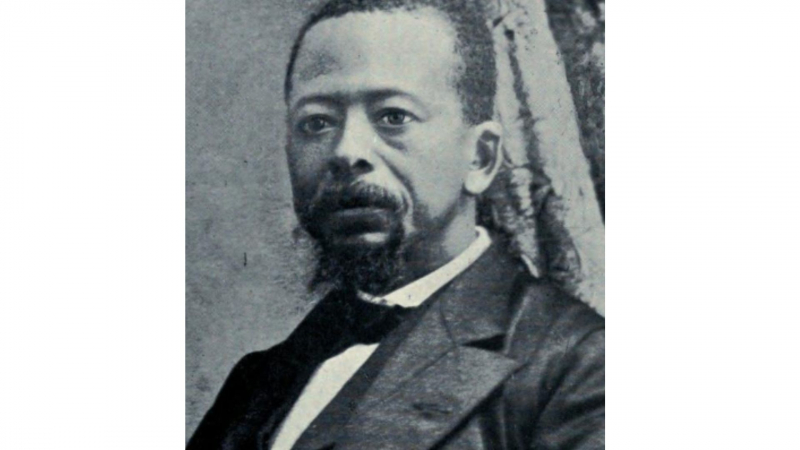
Photo: Wikipedia 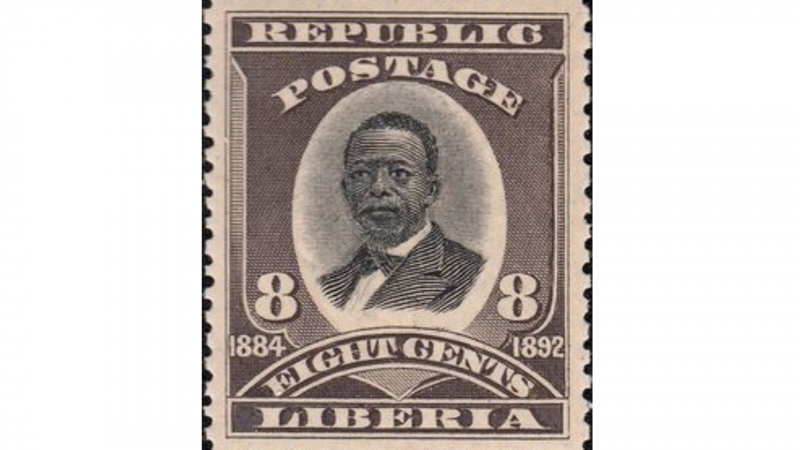
Photo: Colnect -
Solomon Carter Fuller was a distinguished Liberian neurologist, psychiatrist, pathologist, and lecturer who lived from August 1, 1872, until January 16, 1953. He was raised in Monrovia, Liberia, but attended college and received his medical degree (MD) there. He completed his psychiatric training at Munich, Germany, after which he came back to the United States and spent the most of his professional life at Westborough State Hospital in Westborough, Massachusetts.
Fuller joined the Boston University School of Medicine faculty in 1919 and began teaching pathology there. Over the course of his career, he made substantial contributions to the understanding of Alzheimer's disease. He also worked as a doctor, neurologist, and psychiatrist in private practice.
Fuller worked as a neuropathologist at Westborough State Hospital in Westborough, Massachusetts, for the most of his career. Before being chosen by Alois Alzheimer to carry out ground-breaking research at the Royal Psychiatric Hospital at the University of Munich, under the direction of Emil Kraepelin, he finished a two-year internship in neuropathology there. He conducted groundbreaking studies on the physical alterations that Alzheimer's sufferers' brains go through while they are there. He went back to Westborough State Hospital with his new information about a year later. The Westborough State Hospital Papers, a journal that started disseminating findings from regional research, was created and edited by him.
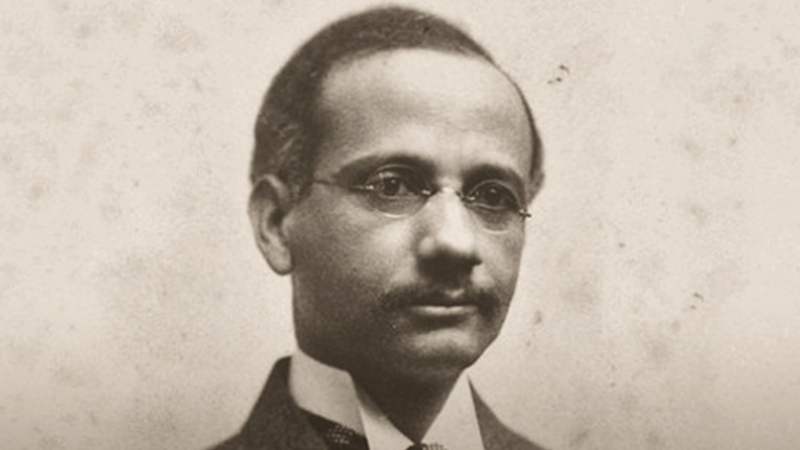
Photo: BrainHQ 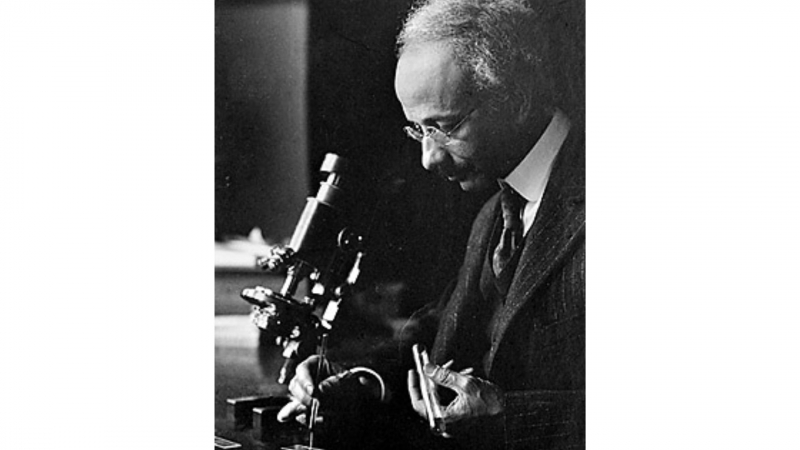
Photo: TIME






